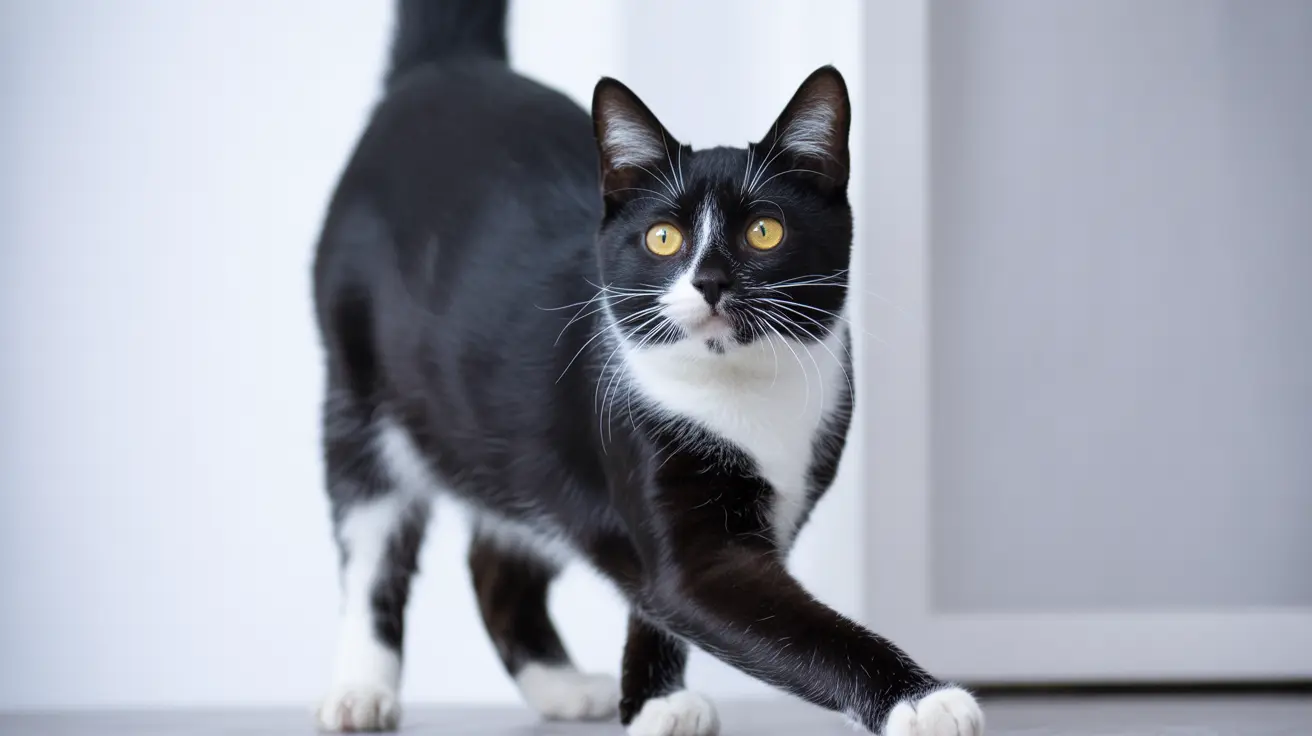Can Cats Eat Cooked Eggs? A Complete Guide for Pet Owners
Cooked eggs are a common fixture in many households, but if you're a cat owner, you might wonder: can cats eat cooked eggs safely? The short answer is yes—cats can eat cooked eggs, and they may even benefit from their high protein and nutrient content. However, moderation and preparation are key.
Why Cooked Eggs Can Be Healthy for Cats
Cats are obligate carnivores, meaning they require animal-based proteins for optimal health. Eggs, particularly cooked ones, provide several essential nutrients that support a cat's wellbeing:
- High-Quality Protein: Eggs provide a complete amino acid profile, perfect for maintaining strong muscles and repairing tissue.
- Vitamins: Cooked eggs contain Vitamin A, B12, and D, which are beneficial to a cat's vision, nerve health, and immune response.
- Minerals: Eggs also offer calcium, iron, and selenium—important for bone strength and antioxidant functions.
- Biotin: Vital for skin and coat health.
How to Serve Cooked Eggs to Cats
While cooked eggs can be a healthy treat, how they're prepared and served is critical:
- Fully Cooked: Eggs should always be cooked completely—boiled or scrambled without oil, butter, or spices.
- No Additives: Avoid salt, onion, garlic, or other seasonings, which can be harmful to cats.
- Portion Control: Treat eggs as a supplement, not a main food source. A few teaspoons of cooked egg once or twice a week is plenty for most cats.
Raw Eggs: A Serious No
Feeding raw eggs to cats is risky. Raw eggs can carry Salmonella or E. coli bacteria, which may lead to foodborne illnesses in both pets and humans. Moreover, raw egg whites contain avidin, a protein that inhibits biotin absorption and can lead to skin and coat problems over time.
When to Avoid Feeding Eggs to Cats
Despite their benefits, there are situations when eggs should be excluded from a cat's diet:
- Allergies: Though rare, some cats may be allergic to eggs and show signs like vomiting, diarrhea, or skin irritation.
- Obesity & Health Conditions: Cats with obesity, pancreatitis, or certain dietary restrictions should not consume high-fat foods like cooked egg yolks regularly.
Signs of an Adverse Reaction
After feeding your cat egg for the first time, monitor them for any adverse reactions. Symptoms to watch for include:
- Gastrointestinal upset (vomiting or diarrhea)
- Lethargy or reduced appetite
- Itchy skin or fur loss
If you observe any of these signs, discontinue feeding eggs and consult your veterinarian.
How Often Can Cats Eat Cooked Eggs?
As with all treats, cooked eggs should be fed sparingly. They are not a substitute for balanced feline nutrition and are best used as an occasional snack. A good rule of thumb:
- Limit treats (including eggs) to no more than 10% of your cat's daily caloric intake.
- Feed small amounts—about a teaspoon of scrambled egg or a small piece of boiled egg.
Best Practices for Feeding Eggs to Cats
1.
Use fresh eggs and ensure they are completely cooked.
2.
Introduce gradually to see how your cat reacts.
3.
Always consult your vet, especially if your cat has existing health concerns.
4.
Never season eggs with salt, onions, or garlic.
5.
Feed occasionally to avoid dietary imbalances.
Conclusion: Cooked Eggs Are a Safe, Occasional Treat
In summary,
cooked eggs are a safe and nutritious treat for most cats when served properly and in moderation. Packed with high-quality protein and essential nutrients, they can be a valuable supplement to your cat's diet. Just remember: no raw eggs, no seasoning, and always consult with your veterinarian if you have any concerns.





